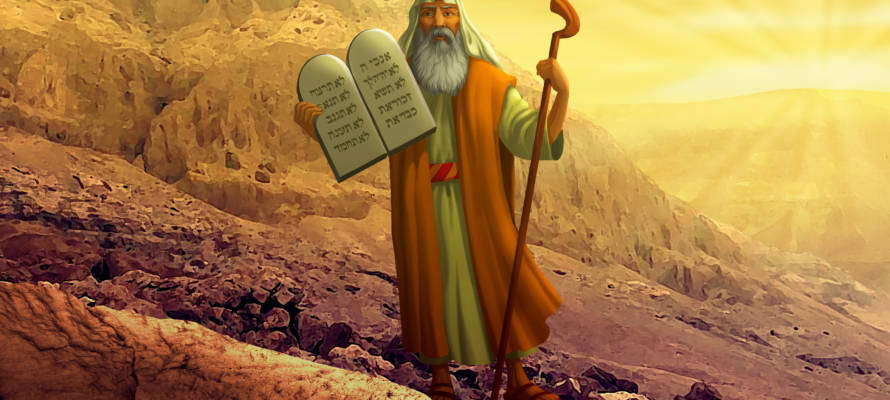A leader wants to see his flock become successful on their own. This is certainly true in the material dimension, and it is just as true in the spiritual dimension.
By Rabbi Ari Enkin, Rabbinic Director, United with Israel
This week’s Torah portion is “Chukat” (Numbers 19:1–22:1), the shortest Torah portion in the Book of Numbers. In it we read about the purification procedure of the Red Cow, the death of Miriam and Aaron, and the conquest of Arad, the Amorites, and Bashan.
The reading contains the “Song of the Well,” which was sung in honor of the miraculous well that accompanied the Jewish people throughout their 40 years of wandering in the desert and provided them with lif- giving water. It is somewhat similar to the “Song of the Sea” that the Jewish people sang after crossing through the Red Sea and seeing the waters of the split sea crash down on the Egyptians.
There is one glaring difference between the two songs, however. The Song of the Sea begins with the words “And then Moses and the Children of Israel sang this song…” while the Song of the Well begins with the words “And then Israel sang this song…”
Where is Moses? Why isn’t he mentioned in the Song of the Well?
According to one interpretation, Moses’ name is not mentioned here in order to serve as an indirect reminder of his sin, which is also in this week’s Torah portion.
As we all know, the people needed water, God told Moses to go speak to a certain rock, and instead, Moses hit the rock. As a result of his sin, of not obeying God’s instructions, he was banned from entering the Land of Israel.
Another commentator, however, notes an important difference between the Song of the Sea and the Song of the Well. There are about 40 years separating the two! The Song of the Sea was of course, sung just after the Exodus, while the events in this week’s Torah portion occur at the end of the 40 years of wandering the desert. In the former, Moses was beginning as leader and in the latter, Moses was concluding his tenure as leader.
As such, it is suggested that the absence of Moses’ name from the Song of the Well is actually a testimony to his greatness. When the people saw the waters of the Red Sea come crashing down on the Egyptians, sealing their safety from their pursuers, Moses had to tell them to sing a song of thanks to God, and hence, Moses had to lead it. However, at the end of his life and his leadership, and as the Jewish people were about to enter the Promised Land, they took initiative and thanked God on their own for the water that kept them alive for these 40 years.
According to this approach, the absence of Moses’ name testifies to his greatness! He was successful in teaching the Jewish people how to be good Jews!
This is the job of a leader: to get the people they lead to grow, mature, and take initiative. The leader wants to see his flock be successful on their own. This is certainly true in the material dimension, and it is just as true in the spiritual dimension.
This is also the job of every parent: to teach the children to become independent and successful on their own. When children are younger, they need their parents for everything. But the less the parents are needed in a child’s life, the more successful they were at parenting!
May God help us all to be great leaders in the different areas where we lead and influence others.
For more insights by Rabbi Enkin on this week’s Torah portion, click on the links below.
https://unitedwithisrael.org/torah-reading-of-chukat-give-us-back-the-occupied-territories-now/
https://unitedwithisrael.org/living-torah-not-all-relationships-are-created-equal/
https://unitedwithisrael.org/living-torah-how-prayer-feeds-our-relationship-with-god/
